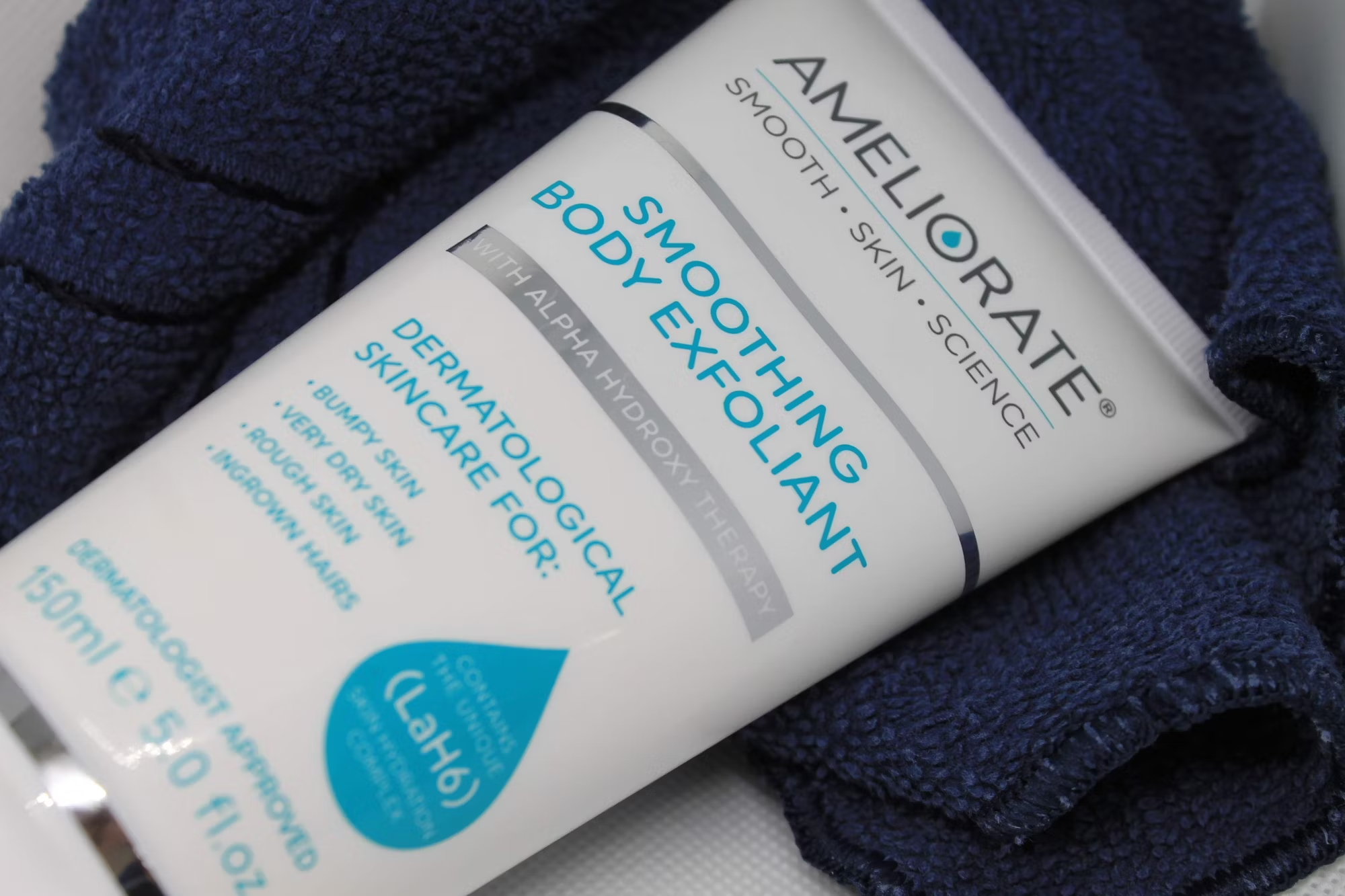
In recent years, there has been a significant shift in the skincare industry towards natural ingredients. As consumers become more aware of what they put on their skin, the demand for products made from plant-based and naturally derived components has surged. This article delves into the power of natural ingredients, their benefits, and how to effectively incorporate them into your skincare routine for healthier and more radiant skin.\n\n The Rise of Natural Skincare\nThe trend towards natural skincare is not just a passing fad; it reflects a deeper understanding of the ingredients that benefit the skin. Natural ingredients are often gentler and less likely to cause irritation compared to synthetic alternatives. With the rise of clean beauty, consumers are increasingly seeking transparency about what goes into their skincare products, driving brands to reformulate with safer, more effective components.\n\nFrom antioxidant-rich botanicals to nourishing oils, natural ingredients are versatile and can address various skin concerns. Let’s explore some of the most popular natural ingredients that have proven their effectiveness in skincare.\n\n Key Natural Ingredients and Their Benefits\n 1. Aloe Vera\nAloe vera is known for its soothing and hydrating properties. It contains vitamins, minerals, and amino acids that nourish the skin while providing relief from irritation and redness. This makes it an excellent ingredient for those with sensitive or sunburned skin. Aloe vera gel can be applied directly to the skin or found in many moisturizers and serums. Its lightweight texture absorbs quickly, making it suitable for all skin types.\n\n 2. Jojoba Oil\nJojoba oil is a fantastic moisturizer that closely resembles the skin’s natural sebum. This similarity allows it to hydrate without clogging pores, making it ideal for oily and acne-prone skin. Rich in vitamins E and B, jojoba oil not only moisturizes but also promotes skin elasticity and reduces inflammation. It can be used on its own or added to creams and serums for enhanced hydration.\n\n 3. Tea Tree Oil\nTea tree oil is renowned for its antibacterial and anti-inflammatory properties, making it a go-to ingredient for treating acne. It helps to reduce redness and swelling while preventing future breakouts. However, due to its potency, tea tree oil should always be diluted with a carrier oil before applying it to the skin. It can be incorporated into spot treatments or used in cleansers for a deeper clean.\n\n 4. Rosehip Oil\nRosehip oil is rich in essential fatty acids and antioxidants, making it an excellent choice for anti-aging skincare. It helps to improve skin texture, reduce the appearance of scars, and promote a more even skin tone. The oil is light and easily absorbed, making it suitable for all skin types. Incorporating rosehip oil into your nighttime routine can help your skin recover and rejuvenate while you sleep.\n\n 5. Honey\nHoney is a natural humectant, meaning it draws moisture into the skin. Its antibacterial properties also make it beneficial for acne-prone skin. Honey can be used as a mask, applied directly to the skin, or found in various moisturizers. Its soothing properties help calm inflammation and promote a healthy, glowing complexion.\n\n Incorporating Natural Ingredients into Your Routine\n Start with a Cleanser\nThe first step in any skincare routine is cleansing. Look for natural cleansers that feature gentle ingredients like chamomile or calendula. These ingredients cleanse without stripping the skin of its natural oils, making them suitable for all skin types.\n\n Exfoliate Naturally\nNatural exfoliants can help slough away dead skin cells without causing irritation. Consider using products that contain ground oatmeal or sugar, which can gently buff the skin. Alternatively, chemical exfoliants derived from fruits, such as papaya or pineapple enzymes, can provide a more natural approach to exfoliation without harsh scrubs.\n\n Hydration is Key\nAfter cleansing and exfoliating, hydrating the skin is crucial. Look for serums and moisturizers that incorporate ingredients like aloe vera, jojoba oil, or rosehip oil. These components will lock in moisture and provide essential nutrients to keep your skin healthy and radiant.\n\n The Power of Masks\nIncorporating a natural mask into your routine can give your skin an extra boost. Masks containing ingredients like honey, clay, or yogurt can nourish, detoxify, and hydrate the skin. Use masks once or twice a week for best results, and customize them based on your skin’s needs.\n\n Don’t Forget Sunscreen\nEven natural ingredients need protection from the sun. Look for mineral-based sunscreens that use zinc oxide or titanium dioxide as active ingredients. These formulations provide broad-spectrum protection while being gentle on the skin. Many natural brands offer sunscreens that are free from harmful chemicals, making them safe for everyday use. \n\n Conclusion\nHarnessing the power of natural ingredients in skincare is a holistic approach to achieving healthy skin. By understanding the benefits of these ingredients and how to effectively incorporate them into your routine, you can create a regimen that works for your unique skin needs. Natural ingredients offer gentle yet effective solutions to various skin concerns, allowing you to nurture your skin without compromising on quality. As the clean beauty movement continues to grow, embracing natural ingredients is not only beneficial for your skin but also for the planet. Choose wisely, and let nature’s bounty enhance your skincare journey.





